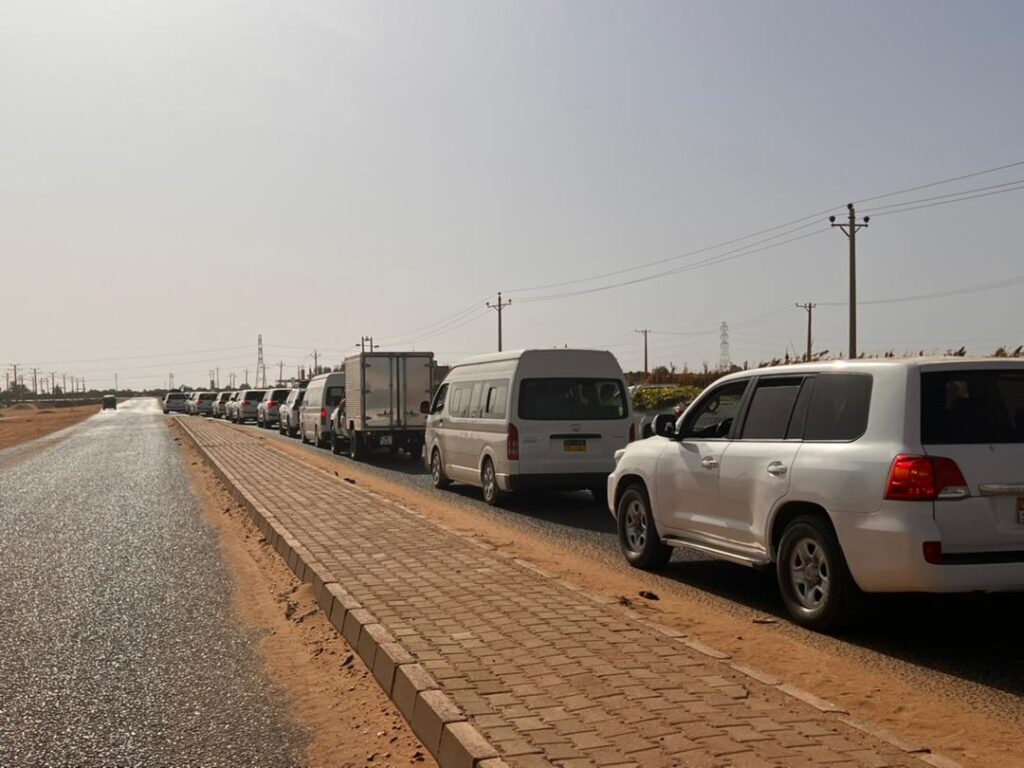Jobs and Organizations to Target as a New Humanitarian Worker

Alright so you’ve finished your relevant studies, you’ve updated your resume, and you’ve found the main websites where aid jobs are posted. You are now ready to start applying to jobs and wonder where to even begin.
There are thousands of interesting roles out there, and you are eager to get to the field. But before you dive into sending hundreds of applications, let’s get strategic. As someone that has been in your shoes and spent hours tailoring tedious application forms, you need a strategy. The first thing you need to remember is that you are not fit for every interesting role you come across. With a good strategy, you will waste less time filling out those long applications and put your energy where you have a reasonable shot at success.
Let’s go over which types of roles and organizations will actually give you a real shot at landing your first humanitarian job.
Quick Note
This article is written for people who:
- Want to work in the field, not behind a desk at headquarters.
- Want real responsibility early on.
- Are in the early stages of their humanitarian careers.
Of course, it’s completely valid if you prefer a safer office role, or a slower start. But since most aspiring aid workers dream of fieldwork, that’s who this guide is tailored for.
Job Titles to Target
As a fresh candidate, your sweet spot will be roles that ask for 0–2 years of experience.
Look for titles like:
- Assistant
- Associate
- Junior Officer
- Support Officer
These typically require minimal work experience and are perfect stepping stones. To be even more specific, here are the core entry-level categories where your basic skills (like writing and research) are highly valuable:
Project Development / Grants
Sometimes called Grant Management or Donor Relations. You’ll help write proposals to secure funding from donors – crucial work that keeps humanitarian projects alive.
Reporting
Every project generates endless reports: quarterly updates, annual summaries, final evaluations. Someone has to write them – usually you. Strong writing skills are gold here.
Monitoring and Evaluation (M&E)
Sometimes expanded into MEAL (Monitoring, Evaluation, Accountability, and Learning).
You’ll collect data, conduct interviews, and draft findings that assess how projects are performing – very similar to writing a university research paper.
Communications (“Comms”)
Got a creative spark? The Comms team tells the world about an organization’s work through social media, press releases, blogs, and videos.
Landing a role in one of these four areas is a classic first step. And just because you start out writing reports doesn’t mean you’ll stay there forever. Within a year or two, you can pivot into field operations, technical specializations, or management roles based on the knowledge you’ve gained.
Pro tip:
Boost your odds by targeting roles based in tougher countries. Think: South Sudan over Nairobi, Ukraine instead of Kenya, Syria rather than New York. Hardship posts have higher turnover, which means more chances for promotion and internal mobility.
Organizations to Target
Now that you know the job types to look for, where should you actually apply?
There are a few routes you could take. One, you could aim for NGOs with low name recognition. In other words: organizations that most people haven’t heard of. This can be a great approach as these smaller organizations are sometimes more willing to take a chance on entry level applicants, send you to the field right away, and give you responsibility early on. The salaries and living conditions will likely not be great, but you will gain valuable field experience quickly.
Secondly, you could target a few great “starter organizations” that do have some name recognition, and offer more junior roles. Here are a few examples:
- ACTED
- Action Against Hunger
- Medecins Sans Frontières (MSF)
- InterSOS
- Nonviolent Peaceforce
- People in Need (PIN)
- Première Urgence
- Relief International
- Solidarités International
Remember:
Your goal for your first job isn’t glamour – it’s experience.
Entry Level United Nations Roles
UN entry-level jobs are few and are extremely competitive. Especially with recent funding cuts (as of April 2025), positions are even more limited than before. Not to worry, most people do not start their careers out of University at the United Nations. You can always leave the UN as your end goal, and focus on other organizations in the meantime.
With that said, there could be some United Nations Volunteers roles that may be of interest. Plenty of former UNV’s now hold staff positions with the UN.
Final Word
There’s no guaranteed formula for landing your first humanitarian job – luck, timing, and persistence all play a part. The guidance here is designed to improve your odds, so focus on applying to roles where you genuinely meet the requirements, and trust that with consistency, your opportunity will come. The best part about starting out? The possibilities are limitless.
Looking for more humanitarian aid related resources? Explore The Global Humanitarian.
- The Difference Between Humanitarian Aid and Development Aid
- Best NGOs for Entry Level Jobs
- United Nations Volunteers Program
- How to Find Humanitarian Aid Jobs in 2025
- How to Get a Job at an International NGO
- Humanitarian CV/Resume Advice and Examples
Comment, subscribe, and follow me on Instagram @the.global.humanitarian
Please note: the views and opinions expressed on this blog are that of my own and do not represent the opinions of any agency mentioned.